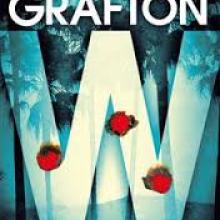The loss of a beloved brother leads Elspeth Muir to examine her relationship with alcohol.

WASTED:
A story of alcohol, grief and a death in Brisbane
Elspeth Muir
Text Publishing
By CLARKE ISAACS
The central poignant theme of this book is the death in 2009 of author Elspeth Muir's youngest brother, Alexander, just before his 21st birthday.
He had disappeared on the last day of his university exams for the year, after going with some mates to the university bar.
The cover blurb sums up succinctly: "Later that night he wandered to the Story Bridge. He put his phone, wallet, T-shirt and thongs on the walkway, climbed over the railing and jumped 30 metres into the Brisbane River below.''
Police divers pulled his body out of the water three days later. Alexander's blood-alcohol reading when he drowned was almost five times the legal limit for driving.
Muir draws on the death of her beloved brother as the starting point for an appraisal of the deleterious effects of liquor upon those who liberally imbibe and for a scatter-gun survey of the measures enforced in Australia in an endeavour to ameliorate those effects.
In a somewhat disorganised, wide-ranging and emotionally charged discourse about her own keenly felt grief at her brother's death, Muir also paints a sorry picture of her own troubled persona and sorry encounters with alcohol.
"I had never thought of drinking as a privilege. I thought of it as inevitable or a right,'' she writes.
Ridden with woe as much of Wasted is, the author - who has a deft style - would have done the reader a service by marshalling her thoughts in a more concentrated fashion.
Clarke Isaacs is a former ODT chief of staff.











